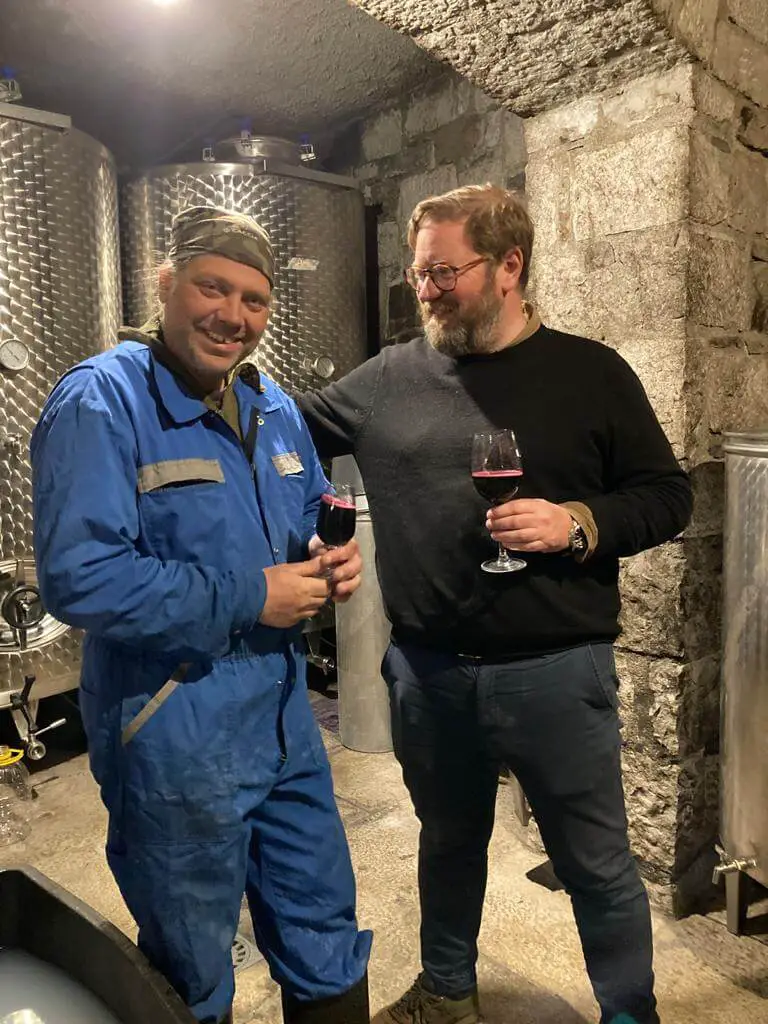If you’d like to learn more about Explorer Summer Kids’ Camps, then visit their website or Facebook page
News
Check the date at the top of the page, and you can find all the "morning headlines" stories here. You can also follow us on Facebook and get all the news in your feed.
This summary is provided by the STA:
Over 270 coronavirus cases confirmed on Monday, seven deaths
LJUBLJANA - Seven Covid-19 patients died in Slovenia on Monday, as another 273 people tested positive in a total of 1,879 PCR tests, the government said. The rolling seven-day average dropped from 1,058 on Sunday to 943. 573 people were in hospital, 16 more than the day before, while the number of those requiring intensive care grew by six to 132. The National Institute of Public Health estimates there are currently nearly 13,377 active infections in the country.
Presidency trio defence ministers discuss Strategic Compass
LJUBLJANA - As part of the EU presidency trio format, the defence ministers of Slovenia, Portugal and Germany discussed a number of security and defence topics, including the Strategic Compass process, EU-NATO cooperation, military mobility, and the bloc's support for stabilisation efforts in Mozambique. The Defence Ministry said Minister Matej Tonin stressed the Strategic Compass would be a priority during Slovenia's EU presidency in the second half of the year.
Logar to visit Bavaria in June
LJUBLJANA - Foreign Minister Anže Logar held a video conference with Bavarian State Minister for European and International Affairs Melanie Huml in preparation of his visit to the German state on 22 June. Logar's visit to Munich will coincide with the 32nd session of the standing Slovenian-Bavarian commission. The Foreign Ministry said Logar and Huml discussed ways to enhance cooperation in light of the Covid-19 pandemic and Slovenia's upcoming presidency of the Council of the EU.
Extension of accreditations to colleges annulled by top court
LJUBLJANA - The Constitutional Court announced having annulled in an unanimous decision the implementation of a provision from one of the legislative packages for mitigating the consequences of the Covid-19 pandemic that extends accreditations to higher education institutions. The provision was stayed in late January. The National Agency for Quality in Higher Education welcomed the ruling in that accreditation procedures can resume, while the centre-left opposition hailed it as they opposed the extension of accreditations.
Initiatives for referendum on water act changes gain momentum
LJUBLJANA - Two groups of petitioners submitted their respective initiatives for a referendum on the contentious amendments to the water act after they had collected over 9,000 and 33,000 signatures, respectively. The NGOs had seven days to collect the required 2,500 signatures after the legislation was passed last Tuesday. They would now be given a deadline to collect at least 40,000 signatures. Meanwhile, the upper chamber of parliament failed to veto the amendments.
Fiscal Council notes high Q1 budget deficit
LJUBLJANA - The Fiscal Council noted that, according to the preliminary data, the national budget deficit in the first three months of the year amounted to EUR 1.29 billion, which is almost half of the deficit planned for the entire year. It would have amounted to EUR 432 million without the direct effect of the stimulus measures. Deficits are usually pronounced in the first quarter, mostly due to payment of interest, but this time it was around two times higher than in the first months of 2020.
Registered jobless total down 6.1% in March
LJUBLJANA - The registered jobless total was down for the second consecutive month in March, standing at 82,638, or 6.1% less than in February. The number is nevertheless 6.1% higher than the number of registered unemployed persons in Slovenia in the same month last year. A total of 4,569 jobless registered with the Employment Service anew in March, 4.1% fewer than in February and 41.8% fewer than in March 2020. Almost half of those saw their fixed-term contracts expired.
IJS researchers make two major publications in two days
LJUBLJANA - The Jožef Stefan Institute announced having articles by its researchers published by Nature and Science, two of the most prestigious international scientific journals, in a span of only two days. In the Nature journal, Uroš Cvelbar and his colleagues from South Korea report about a surprising discovery that it is possible to stabilise instabilities in fluids by means of ionised gas jet or the use of plasma. Meanwhile, Dušan Turk of the institute's Biochemistry and Molecular Biology and Structural Biology Department and his international colleagues present in the Science journal a study that inspires hope in the fight against the SARS-CoV-2 virus.
Maja Šorli wins Grum Award for best new play
KRANJ - Playwright Maja Šorli is the winner of this year's Slavko Grum Prize for best new Slovenian play for her play about university intrigue Tega Okusa še Niste Poskusili (You Haven't Tasted This Flavour Yet). The judging panel said that the play was written in realistic language, demonstrated the author's knowledge of the subject matter, and featured well-formed and believable characters.
Hungary honours Dušan Bavdek from Music Academy
LJUBLJANA - Hungary has decorated Dušan Bavdek, a vice dean at the Academy of Music at the University of Ljubljana, for his merit in promoting cooperation with acclaimed Hungarian musicians, most notably with the Franz Liszt Academy of Music from Budapest and the Hungarian Composers' Union. Professor and composer Bavdek received the Knight's Cross Order of Merit, given out by the Hungarian president, from Hungarian Ambassador to Slovenia Andor David at the end of March, the Slovenian academy said.
New car registrations down 23% last year
LJUBLJANA - Almost 113,000 vehicles were registered in Slovenia for the first time last year, which is 23% fewer than in 2019. The number of newly registered cars was down by 24% to around 81,000, while the number of electric and hybrid vehicles increased. The number of trailer vehicles registered for the first time in Slovenia in 2020 was also down by 23% compared to 2019, the Statistics Office said, noting that the Covid-19 epidemic had significantly contributed to the drops.
Snow disrupted traffic across Slovenia
LJUBLJANA - A cold snap brought snowfall to Slovenia, leading to road mishaps, closures and detours. The situation was the most dire on the Primorska motorway, especially between Postojna and Kozina in the south-west of the country and on local roads in the area. The region was on an orange-coded warning due to snowfall and low temperatures.
If you're learning Slovenian then you can find all our dual texts here
STA, 6 April 2020 - The Slovenian Student Organisation has raised concern after a survey conducted by the National Institute of Public Health (NIJZ) has shown almost one out of four students have experienced suicidal thoughts during the epidemic.
The survey, conducted between November and January, showed 89% out of 484 students surveyed had experienced mood swings such as anxiety and depression in the past four weeks.
Almost 24% reported experiencing suicidal behaviour. They also reported anxiety, despondency, crying episodes, depression and panic attacks.
Related: Covid, Mental Health & Children’s Summer Camps in Slovenia
Commenting on the results for Radio Slovenija, psychologist Tomaž Vec called them horrific. "One in four students is thinking about suicide. It's a piece of information that should prompt the state into action."
The Student Organisation (ŠOS) said the results should lead to a thorough change in the measures aimed at containing coronavirus transmissions.
They noted their calls for state aid to compensate students for a loss of income and reopening colleges as soon as possible to allow lectures and practical classes to resume in-person.
STA, 6 April 2021 - Two initiatives to put recently passed changes to the Water Act to a referendum have collected over 9,000 and 33,000 signatures, respectively, more than enough for the proposals to move to the next stage of proceedings. The motions were tabled in parliament today, both groups of NGOs said on Tuesday.
The NGOs had seven days to collect the required 2,500 signatures for the proposal to be submitted after the legislation was passed last Tuesday.
During this seven-day period, against the backdrop of the circuit breaker lockdown and Easter holidays, a total of 9,254 people signed the petition, Alenka Kreč Bricelj of the environmental Smetumet NGO told reporters in front of the parliament building today, representing the first group of petitioners which launched the initiative under the banner of the Zapitnovodo.si movement.
Representatives of the NGOs reiterated at the press conference that economic interests should not outweigh public health concerns and efforts.
They noted that the government-sponsored changes had been passed without an appropriate public consultation, warning about certain provisions of the act being hazardous to the environment and health.
Contentious provisions were added to the bill after the public consultation period ended, Aljoša Petek of the Legal-Informational Centre for NGOs said, warning this was against international law, the Aarhus Convention, EU law and Slovenian law.
Uroš Macerl of the Eko Krog NGO pointed to an opinion by Ombudsman Peter Svetina, who had warned that the changing of such important legislation without consulting the public is problematic. Not only environmental experts are against the changes but also the GZS's chamber of public utilities, he noted.
"We believe that the law that does not enjoy experts' support and could have a long-term impact on our drinking water is not in the interest of Slovenian citizens," said Miha Stegel of the Danes NGO.
Before the passage of the changes, NGOs Eko Krog and Danes launched an online petition calling for the removal of a provision allowing construction of some infrastructure in coastal areas. The petition has been signed by almost 54,000 people.
The NGOs believe that the provision poses risk of degradation for the land and water courses in coastal areas and could pollute surface and underground waters.
Meanwhile, another initiative pushing for the referendum also tabled its proposal in parliament today. The Zdrava Družba (Healthy Society) movement collected 33,670 signatures in a week under the slogan No Giving Up Water. It had the required number of signatures to launch the referendum proceedings already after two days of campaigning.
The representatives of the movement highlighted "an extraordinary response by the people despite lockdown and holidays, circumstances that definitely made collecting signatures more difficult".
They noted that a great number of people who had signed the petition in a week meant a clear message to the authorities, "which ignored our warranted expectations that lockdown would not be exploited for passing contentious laws".
The movement was critical of both the left and right ends of the political spectrum, saying that they were "becoming two sides of the same coin" due to their disregard for basic human values.
Zdrava Družba will continue to raise awareness about all the areas where the interests of capital aim to jeopardise public health and nature, the movement said.
A proposal for the National Council to veto the amendments was defeated today in a 14:19 vote. The proposal was made by an interest group representing non-economic services which agrees with experts and civil society that the changes are not based on appropriate arguments or efforts to pursue comprehensive water management goals.
Stegel of the first group of petitioners said today that on top of the referendum proposal, the NGOs had urged the National Council to veto the changes. Moreover, they are prepared to challenge the legislation at the Constitutional Court.
The opposition Left and SocDems expressed support for the referendum today, saying it would be right if citizens made a final call on the contentious provision.
The Left backed the first initiative, which has been campaigning under the slogan For Drinking Water, noting that the changes paved the way for water pollution, privatisation of public spaces and restricted access to bodies of water.
The SD said the citizens deserved to get across "whether they agree to efforts to put at risk natural water sources and lower the [...] standards of protecting Slovenian water".
The party said it supported the efforts by civil society to prevent the implementation of the changes and is prepared to provide help in the next stage of proceedings as well where 40,000 signatures are required to be collected.
The Environment Ministry has meanwhile dismissed all the allegations, saying that the changes shorten the list of facilities that can be built in coastal areas and eliminate inconsistencies and red tape.
STA, 6 April 2021 - A forecasted cold snap that moved in on Tuesday, bringing snowfall to Slovenia, has resulted in road mishaps, closures and detours. The situation is most dire on the Primorska motorway, especially between Postojna and Kozina in the south-west of the country and on local roads in the area.
The latest bout of cold weather has led to long traffic backups on both the coast-bound and Ljubljana-bound lanes of the motorway. The Nanos intersection is currently closed due to truck slides.
A strong bora wind is aggravating the situation in the Vipava Valley, with gusts reaching 90 kilometres per hour.
Trucks have been told to go off the motorway and opt for another route, but this has wreaked havoc on regional routes, Andraž Vidmar of the CPK road maintenance company told the STA.
A total of 15 snow control teams have been dispatched to clear and de-ice the roads, he added.
The Trojane segment on the Ljubljana-bound lane of the Štajerska motorway was also closed until recently due to weather-related congestion.
The national motorway company DARS has warned that winter gear is mandatory for all vehicles in such extreme weather events.
Snowfall in April is nothing out of the ordinary in Slovenia, but this year's cold spell will be extreme due to low temperatures, meteorologist Andrej Velkavrh told the STA.
Today's snowfall will be followed by three very cold nights and mornings with temperatures plunging as low as minus ten degrees Celsius, he said, noting the drop posed a risk of spring frost in certain areas.
Snow will persist the longest in the southern part of the central Notranjska region, Kočevje and Bela Krajina in the south-east and in the eastern Dolenjska region. Lowlands in these parts will see up to ten centimetres of snow.
The Environment Agency has issued an orange-coded warning due to snowfall for the south-west of Slovenia and orange-coded warnings due to low temperatures, one for Wednesday that applies to the entire country except for the north-east, and another one for Thursday for the entire country.
STA, 6 April 2021 - The right-wing weekly Reporter comments on the political situation in the country, speculating, among other things, that Prime Minister Janez Janša may step down and force an early election.
After a series of defeats, an impeachment against Janša is a victory for the opposition, now presumably stronger by three votes from breakaway coalition MPs from the ranks of the Modern Centre Party (SMC).
But Janša may still take matters into his own hands and resign, even though he is not too worried about the impeachment. "He will almost certainly manage to get enough votes from MPs terrified of an early election."
Meanwhile, his losing of support in the National Assembly is a bigger problem. Discipline among MPs of the Democrats (SDS) and New Slovenia (NSi) may be good, but the remaining SMC MPs are unreliable.
Meanwhile, the opposition Pensioners' Party (DeSUS) MPs vote according to their conscience, the National Party (SNS) according to its price list, and the two minority MPs refuse to be the ones to tip the scales.
A Short History of Impeachment in Slovenia
Sooner or later, the coalition will get stuck. "It seemed that Janša was willing to tough it out until the end of Slovenia's EU presidency, but now his exceedingly obvious Euroscepticism and the willingness to fight Europeans show that leading the EU is less important to him than we had thought."
A short-term solution for the coalition could be the return of Economy Minister Zdravko Počivalšek back into parliament, which would give the coalition one more vote. But this is not something Počivalšek would look forward to, as he obviously does not do too well in environments where pragmatism does not come first.
Another official who has found himself out of his element is Jelko Kacin after he was named national vaccination coordinator. "His coordination brought chaos, resentment and devastating results in the vaccination of the most vulnerable groups."
While many elderly are still waiting for the shots, privileged individuals, such as Janša's lawyer Franci Matoz, have already been vaccinated.
Meanwhile, the public is becoming ever less willing to follow coronavirus restrictions, the paper says under the headline What If We Run Out of Toilet Paper.
An interview with Steve Hartley, the Osilnica-based camp director from Australia.
At Explorer Camps you’ve had a lot of contact with children of all ages and their families. What impact are these virus affecting times having on our children?
Statistics gathered before covid show that 1 in 5 teenagers are living with a mental illness.
Sounds unbelievable, right? We didn’t believe it when we were first presented it in our youth mental health training for camps, but it’s actually true.
The truly scary part is that it's more likely to be 1 in 4 adolescents or even 1 in 3. This is because it’s based on diagnosed cases, and considering that many children simply won’t go through the formal steps of getting a formal diagnosis done then … the number is without doubt higher!
And remember, this is all from BEFORE we got hit by this virus.
Related: Slovenia’s Foreign Entrepreneurs: Steve Hartley, Explorer Summer Kids' Camps
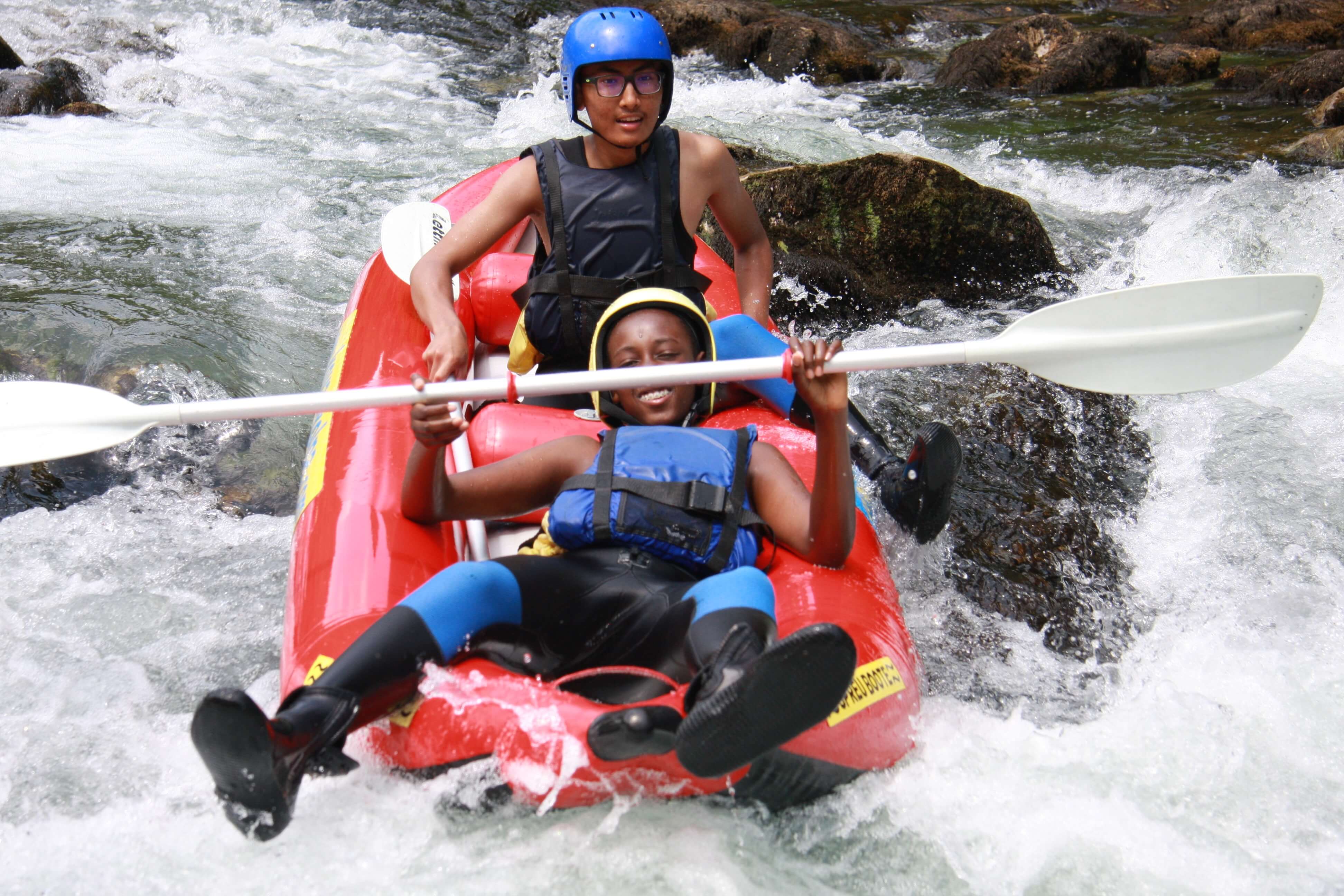
Shocking statistics. Is it safe to say that our youngsters could be experiencing some form of mental health crisis?
This is the cold hard truth facing all parents and it paints a very troubling picture for the future. Reportedly, over 25% of our teen population is living with some kind of mental illness and recent times have led to this number being even higher.
A recent poll from C.S. Mott Children’s Hospital shows that the mental health effects of the pandemic are more likely to have a significant impact on teenagers. It says that 46 percent of parents say their teen had shown signs of a new or worsening mental health condition since the beginning of the pandemic in March 2020.
Even our adults are feeling the effects. According to the Kaiser Family Foundation, 4 in 10 adults have reported anxiety or depressive disorder symptoms during the pandemic.
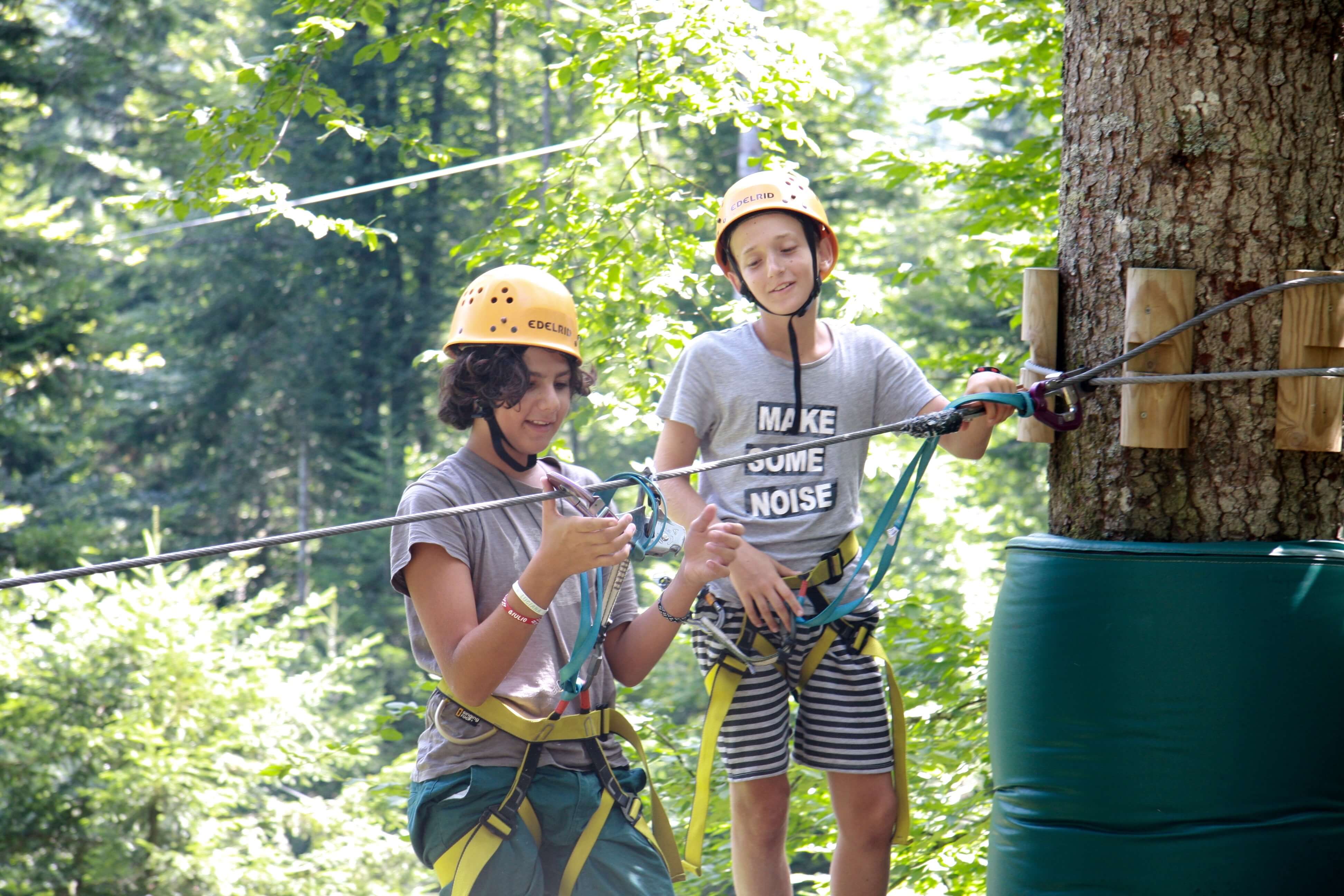
So, children aren’t alone in this mental health crisis?
Not at all. The summer camp industry is calling it a ‘collective trauma.’ From grandparents to grandchildren, from rich to poor, all ages, classes and levels of society. Everyone has lost something. Maybe they’ve lost a loved one. Maybe they’ve lost a life experience such as graduation, or dropping off their children at kindergarten for the first time, or getting married. Maybe they’ve lost a job or income. Everyone has lost something which has led to this ‘collective trauma.’
Do you think that our youth is especially impacted?
Judging by recent polls, limited studies, and personal experiences … yes.
In ‘normal times,’ if we can even say there’s such a thing, our children turn to their parents or adult like figures for guidance. However, during the pandemic parents simply don’t have the answers because no one really does …. so, who can the youth turn to next? Google. And then it gets even more confusing! Maintaining a positive state of mental health is becoming increasingly challenging for our youth.
For example, it’s been widely reported in the US that suicides rates have gone up during the pandemic.
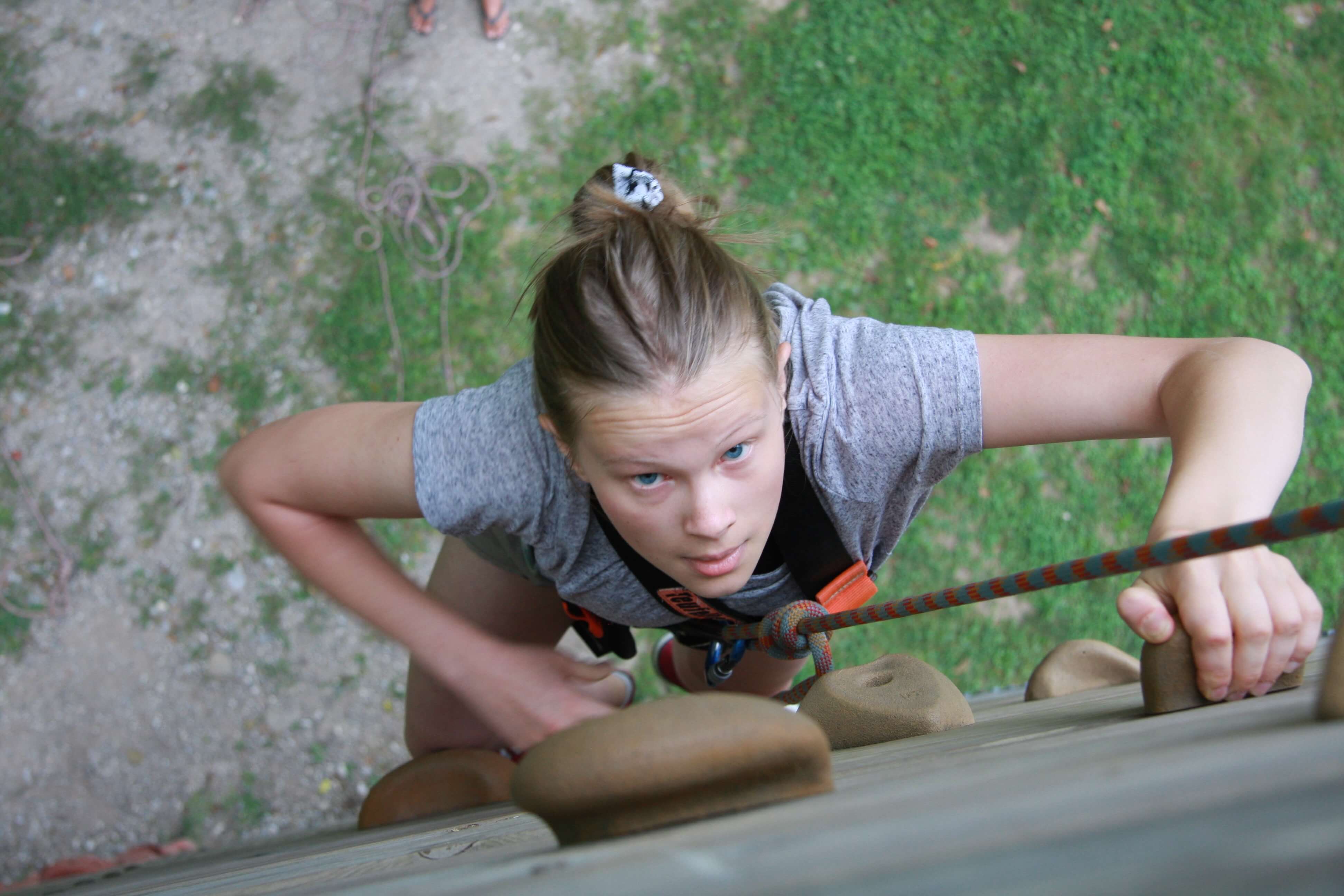
Is this suicide rate being reflected in Slovenia?
It’s difficult to know at this stage as such information isn’t really public knowledge, especially amongst children. However, an example is Clark County in the US which has experienced over 20 teen suicidal deaths since the start of the shutdown last March which represents an over 67% increase on the previous year. Very worrying times as the pandemic has been solely blamed for this outcome.
They definitely are. How about we look at what the mental state SHOULD be. What is pre-teen and teenage mental health?
Mental health is a way of describing social and emotional wellbeing. Children need good mental health to develop in a healthy way, build strong relationships, adapt to change and deal with life’s challenges.
Parents should be asking whether their pre-teens and teenagers:
- Feel happier and more positive about themselves and enjoy life.
- Have healthier relationships with family and friends.
- Do physical activity and eat a healthy diet.
- Get involved in activities.
- Have a sense of achievement.
- Can relax and get a good night’s sleep.
- Feel like they belong to their communities.
There is one BIG question though …
… in the current COVID affected times where children have been repeatedly restricted to their homes without direct contact with their friends and usual extra-curricular activities and been constantly glued to their screens …
… is it actually possible for parents to answer positively to all of these questions? I’ve got my doubts.
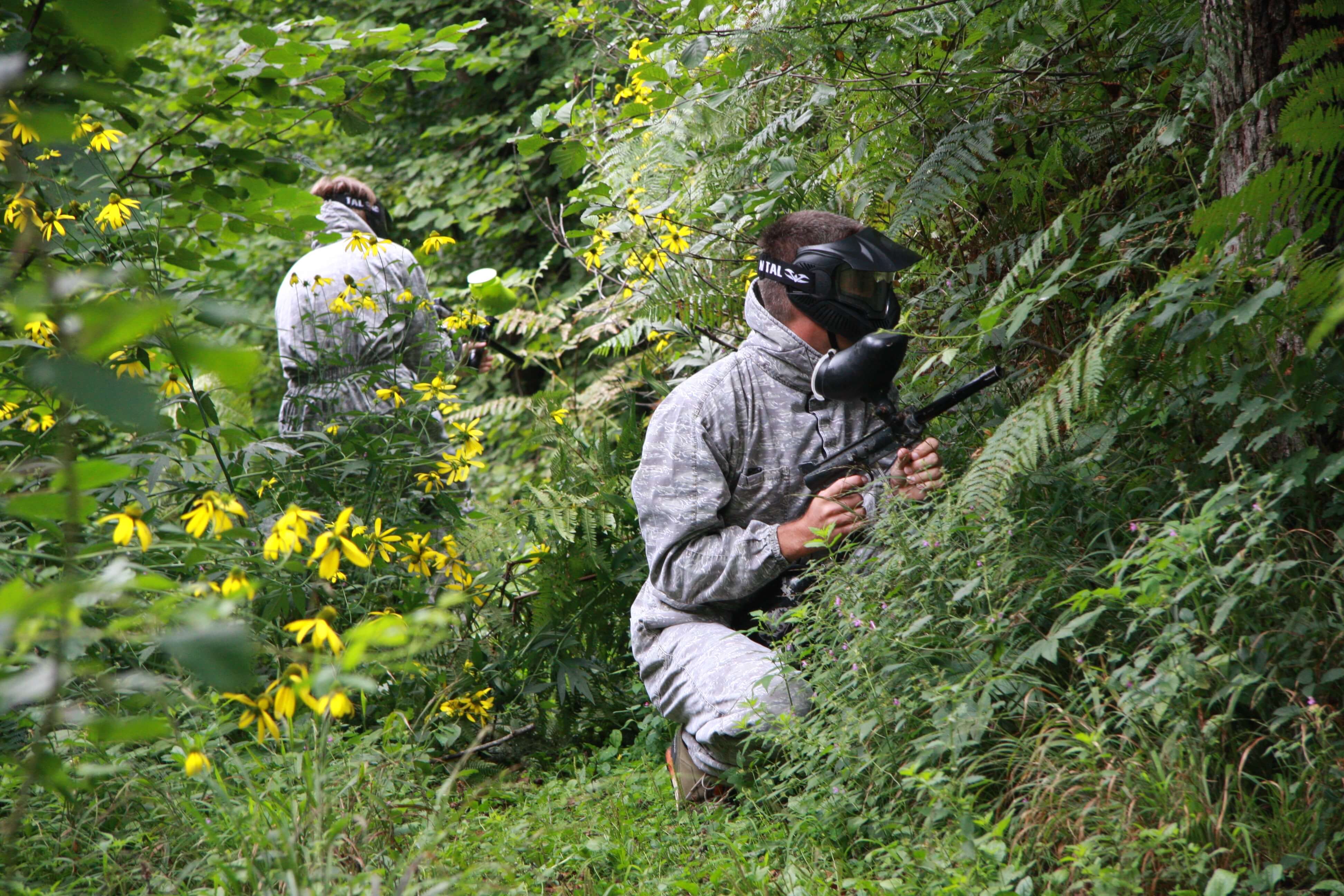
You brought up ‘screen time’ which seems like a buzzword in these times. Do you think the overuse of technology plays a major role when it comes to youth mental health?
According to experts, it’s definitely a contributing factor and is why Explorer Camps has been tech free from our conception. We’ve always believed in the importance of our youth detoxing from electronic media as much as possible and in these times it’s even more vital than ever.
Some studies are suggesting that screen time is up over 180% when compared to already high use prior to the pandemic, so it’s frightening even contemplating just how badly affected our youth are and what the long-term impact may be.
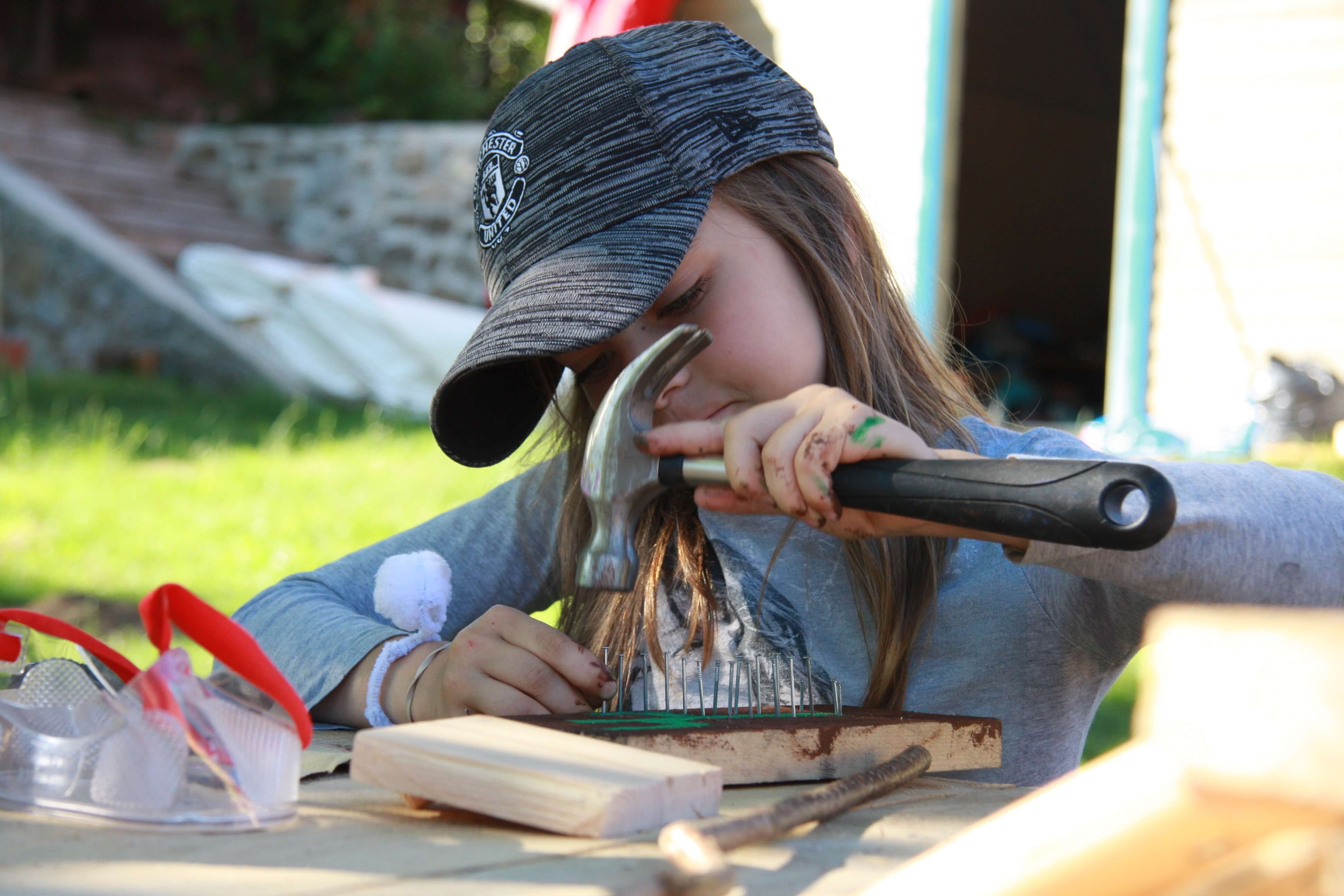
What could some of these impacts on our youth be?
There was an interesting study, pre-covid of course, which highlighted that one in three girls is unhappy with their appearance by the age of 14. Whereas, only a year before the number was 1 in 7. This incredible drop off in less than a year is credited to the significant increase of screen time amongst teenagers. And this was before covid remember.
This is just one example of many apparent negative consequences of screen addiction which we’ve covered in an article we wrote, with anxiety and depression being the clear issues of many that arise from our dependence on electronic media.
Is it safe to say that depression amongst teenagers is the biggest concern for parents?
In fact, no. Looking at that 1 in 5 number, 33% of these teenagers are diagnosed with anxiety related disorders whereas depression is 17%. Depression without doubt is something we all need to be aware of, but it isn’t as prevalent as mass media would like us to think.
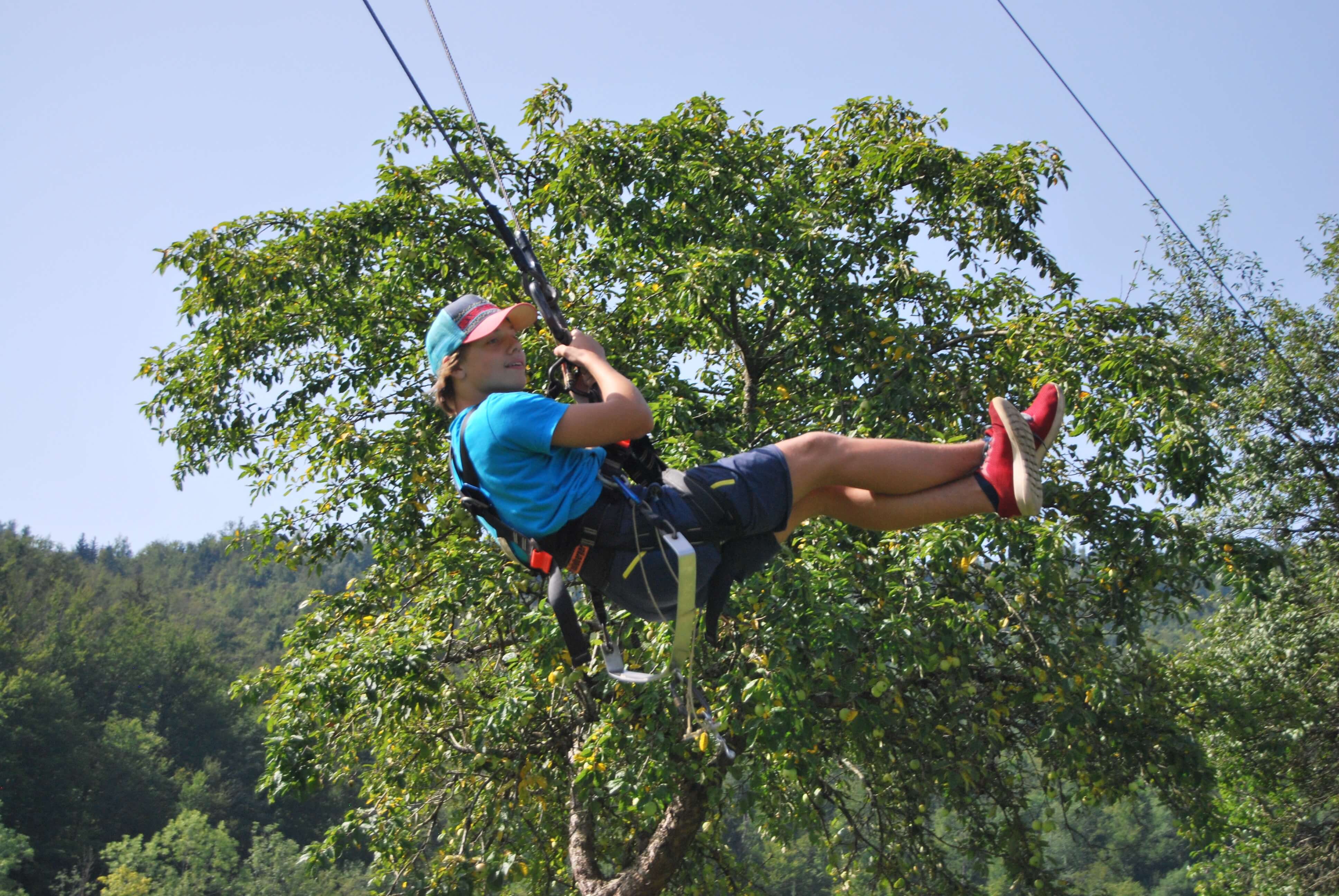
What are some signs parents can look out for in connection to anxiety?
Again, I’m certainly no expert on this area but when it comes to anxiety, we train our summer camp staff to be aware of:
- Children constantly seeking reassurance through questions
- Excessive worry
- Easily distracted and/or fidgeting (playing with the hands, grabbing things)
- Not being able to sit still
- Stomach/headaches that have no physical cause
- Excessive sweating & physical discomfort
It’s also possible that children detach themselves more from their families, and can also display a little more aggressive tendencies whether that be verbal or physical. One of the key areas to look out for is difficulties in sleeping.
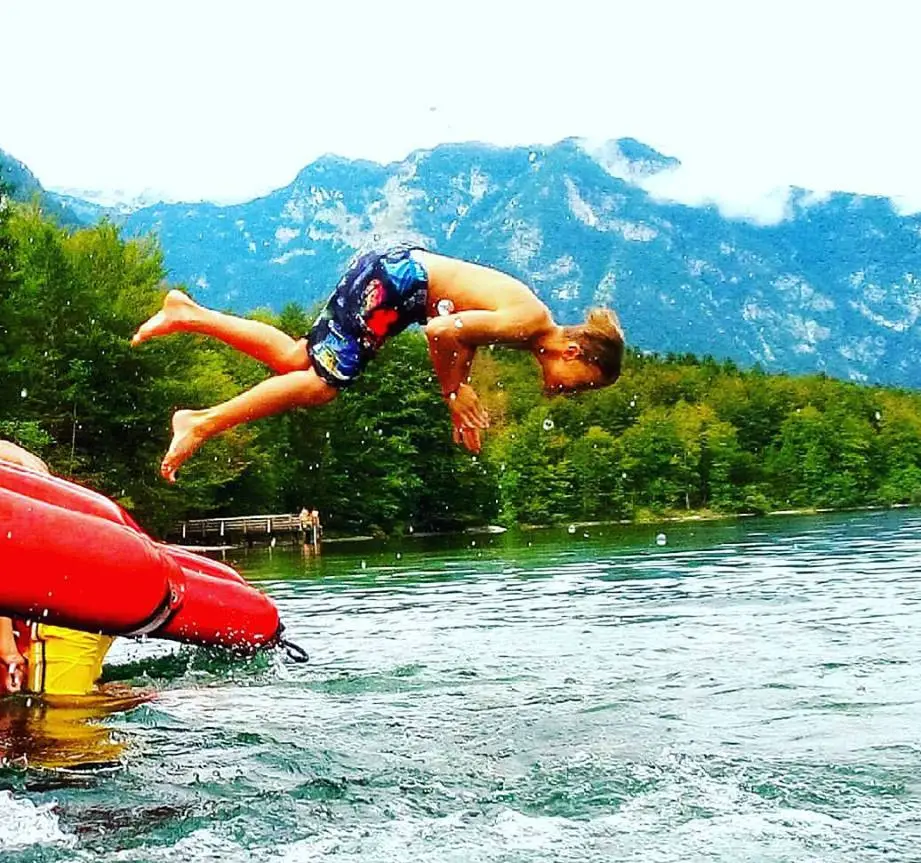
Sleep is one of the areas parents will see affected the most. Why is that?
Well, the excessive screen time has definitely had its impact on children’s sleep patterns. But we could also point to the lack of structure in our children’s lives due to the everchanging school and extra-curricular schedules. We can even talk about the heightened stress response, in other words flight or fight, due to the complete confusion of how to react to the virus. What do children do? It’s a very challenging time for everyone and sleep seems to be paying the price for it.
You mentioned earlier that your summer camps are conducting specific mental health training. Could you tell us more?
It’s something we’ve been wanting to do for a number of years now, however we could never find the right organisation to give us adequate support. There are some mental health trainings in the UK, but nothing specifically for summer camps so it took some time to find L.E.A.D. which is based in the US.
Adding to this, it’s been difficult planning for it with the uncertainty around the camps. At present I’m going through the process of getting officially certified as an instructor in Camp Mental Health so I’ll not only be able to train our staff but also our teen campers who also want to complete such training. Maybe it’ll be too early to officially certify all of our staff for this summer though. We’ll see.
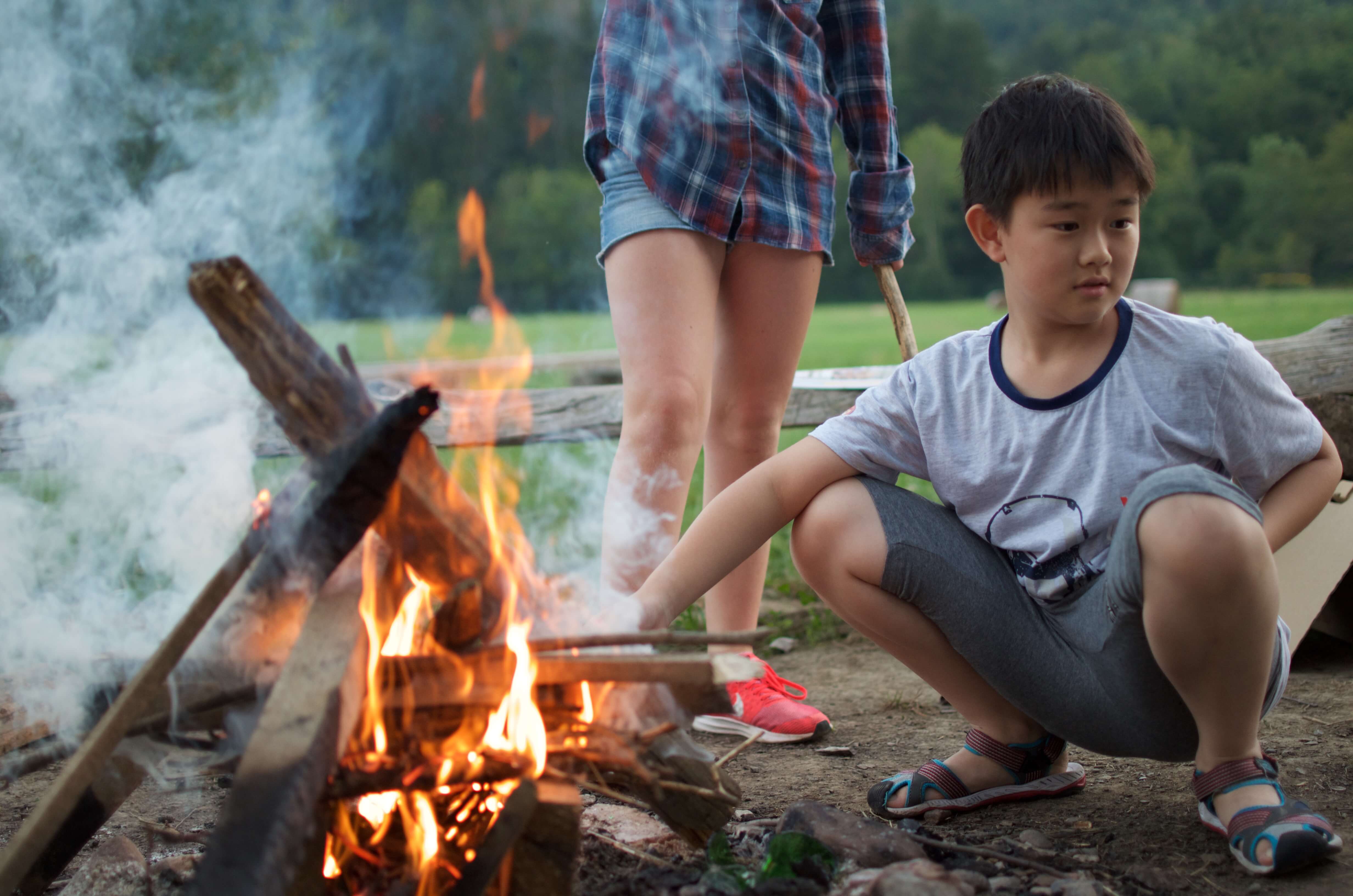
This seems like a new concept. Are there other camps in Slovenia doing the same type of training?
In regard to this specific organisation, we’ll be the first summer kids’ camp in Europe to have their mental health certification. There are mental first aid courses in Europe especially in the UK, however when it comes to camps as far as we’re aware we’ll be the first.
In saying that, I’d hope that all organisations working with children have some type of mental health training, especially in these times. Our children need support and understanding now more than ever which is what we’re doing at Explorer Camps.
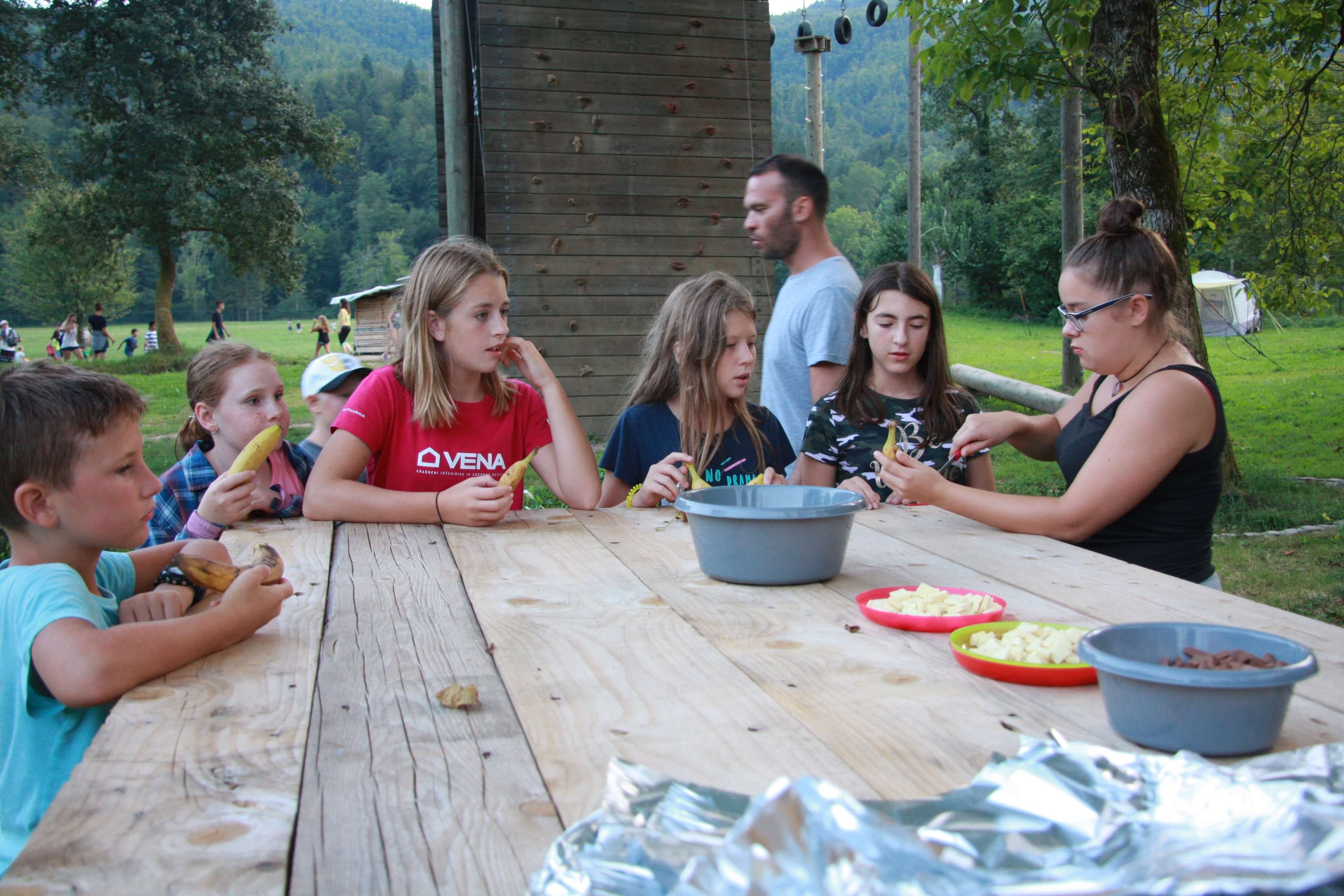
Lastly, taking all of this information into account. What can parents do about mental health?
Oh, that’s a hard one as again, I’m no expert on this matter … yet!
But the most important thing we communicate to our staff at summer camp is to take mental health seriously. Be aware. Be patient. Create a positive and caring environment.
Because, unfortunately, it’s just not taken seriously by society. It really isn’t.

You don’t think parents take it seriously enough?
I’m not saying that directly at parents, but society in general.
I liken it to this situation.
If a child breaks their leg, the last thing we say is to walk it off.
If a child contracts a serious disease, we wouldn’t dream of saying that it’s all in that child’s head.
If a child has an accident and loses feeling in their legs, we wouldn’t dare tell them to sleep it off and see how they feel in the morning.
But when it comes to mental health, too often those with the illness are told exactly this. Walk it off. It’s in your head. Sleep it off and see how you feel in the morning.
The first step to helping is changing our perception of what mental health is and how we can improve it. By making this simple change, children will feel our honest compassion and care. Then you can start to move forward … together!
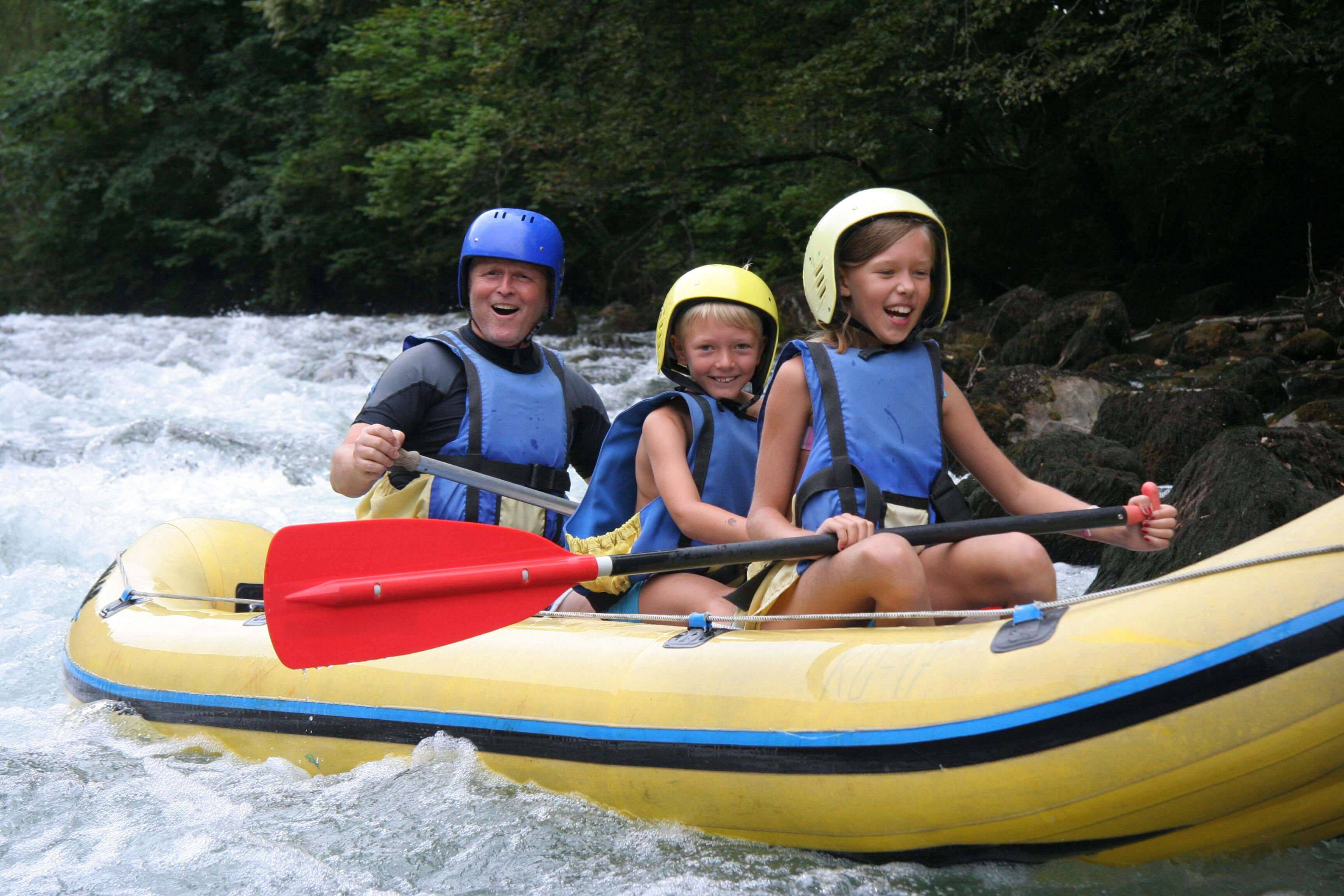
It’s been a hell of a year for anyone trying to start a new business and meet up with suppliers and partners, for all the obvious, dull and increasingly frustrating reasons, with Slovenia still under strict lockdown at time of typing, the vaccination program in disarray and a second summer season looking ever more likely to be lost. Thus despite the longer days and better weather, optimism is in short supply on the sunny side of the Alps, with little to look forward to but more of the same again and again and again.
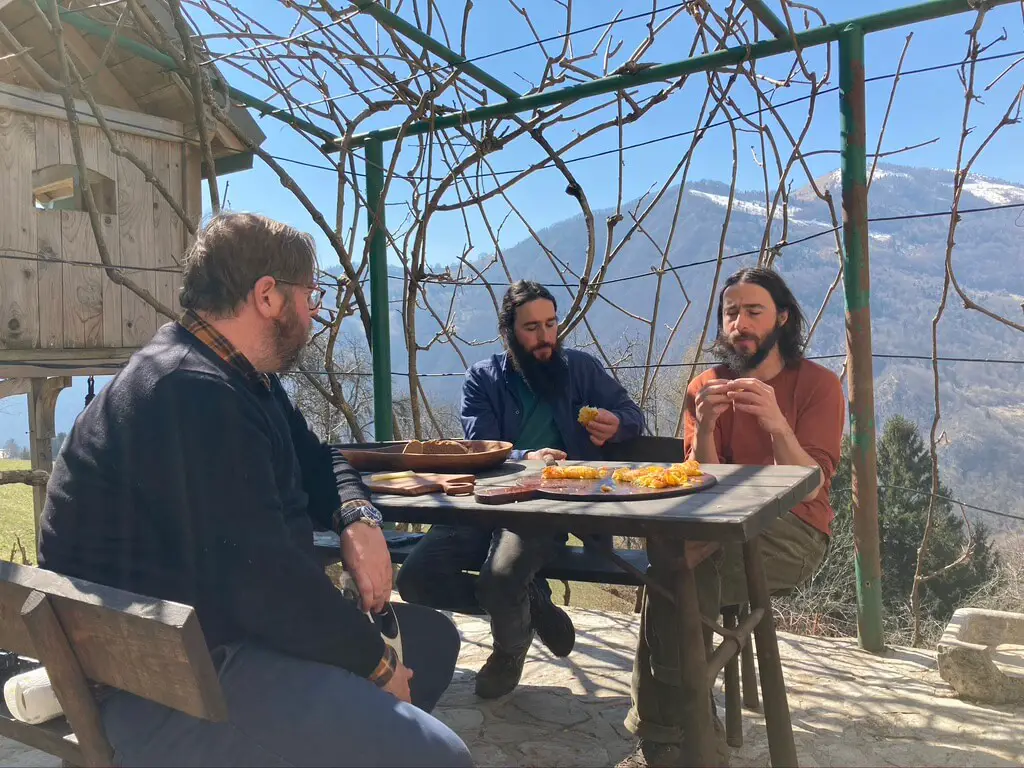
Jason with cheesemakes Jani and Samo Kutin
One man who’s pushed ahead despite all obstacles with what at times has seem a reckless passion is Jason Hartley, a British chef, restaurateur and food campaigner. He learned the food business in Amsterdam, after a successful career in advertising, and is now based in Ljubljana, the centre of a network of producers and partners with a project that’s been five years in the works and has now finally launched.
Cultisan is a business we first took a look at last September, and one that’s well suited to these strange days of enforced monotony, when enjoying food not cooked by yourself or family member is a distant memory and exotic hope. In short, Cultisan brings together a curated selection of foods and ingredients from around Europe, a virtual delicatessen and gourmet experience that you can order and enjoy without leaving you home or putting on pants, adding variety and interest to your diet while supporting farmers and artisans in these troubled times that have seen even the renowned Ana Roš, Slovenia’s only two-star Michelin chef, selling bread, paté, štruklji and more in supermarkets.

Operating under the banner of ‘terroirism’, Cultisan officially launched in the EU last week, a Slovenian-British joint venture that aims to connect consumers with farmers in a way that’s ethical and convenient, a timely project that let’s you enjoy the pleasures of the artisan’s craft at home. As Jason puts it: “We need to rid ourselves of the misguided reliance on ultra-processed food, factory farms and supermarkets. Cultisan is on a mission to create a fairer food economy that removes people who care only for profit and focus on sustainability, fairness and flavour, putting the best products from the best people in your hands and fair money in the hands of the people who make it.”
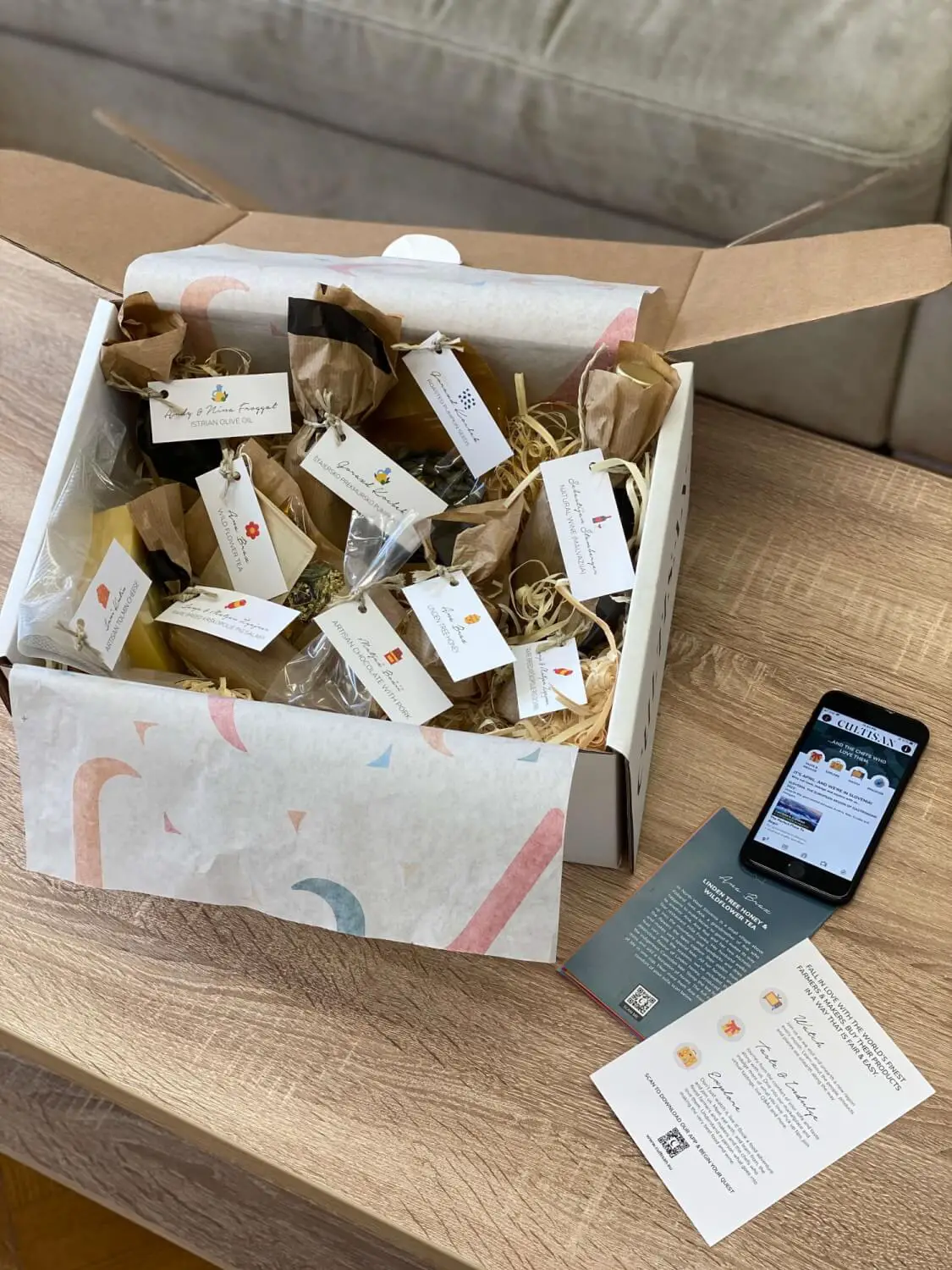
A box of delights, from the producers to you
How does it work? First Cultisan visits a new region each month and explores the places, foods and people to find the best of what’s on offer, from simple pleasures to greater indulgences. It’s an app-based project (Android / Apple) that presents the focal regions from the ground up, introducing the land and those who work it to create food and drink that has the characteristic taste and flavour imparted by the environment and conditions in which it was produced. This combination of ubiquitous technology and the fiercely local craft finds physical form in so-called ‘Adventurer’s Packs’, carefully curated packages selected with the aid of the best local chefs and sommeliers, and given the final seal of approval by the travelling gourmet himself, Jason Hartley, a man who knows a good lunch when he eats one.
Dimitrij Mačerol and Jason
But why base such a pan-European venture in Slovenia? The location is one thing, at the crossroads between east and west, north and south, making research trips that much easier. Another, less obvious to those who haven’t explored the land beyond potica, klobasa and so on, is the sheer wealth of fine and varied produce on offer in a nation blessed with enough variety in terms of topography, climate, culture and terroir that you’ll find culinary secrets and surprises around each bend in the river or road. It’s not for nothing that Slovenia has been named the European Region of Gastronomy 2021, a title that – pandemic notwithstanding – is sure to bring greater attention to the vast variety of high quality food and drink on offer in the only nation to connect the Alps, Mediterranean, Karst and Pannonian Plain.
The journey thus begins with Slovenia, with the first box including tasters of the following: Krškopoljski salami and ocvirki from Janja and Matjan Zgajner (Zgornja Voličina); Stajerska Prekmurje pumpkin oil and roasted pumpkin seeds from Gorazd Kocbek (Sveti Jurij ob Ščavnaci); Tolminc Cheese from Jani Kutin (Čadrg); Lepa honey and wildflower tea from Ana Braz (Vrsno); Chocolate praline with ocvirki from Matevž Božič (Ptuj); Istrian olive oil from Andy & Nina Froggatt (Portorož); and Malvazija wine from Sebastijan Štemberger (Tomaj). The coming months will see the roving caravan of fun move on to Emilia-Romagna and Sicily in Italy, the Douro Valley and Alentejo in Portugal, then traveling across Europe and through the Balkans.
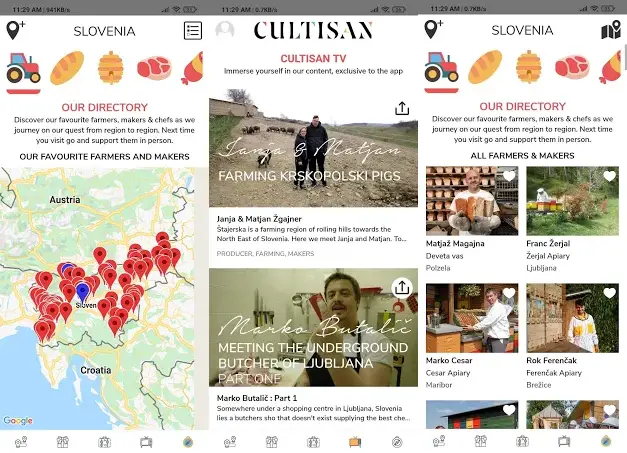
Let the app be your guide to the best that's unknown
Of course, once you’ve explored the regions and culinary delights that are showcased each month on Cultisan you’ll probably want to get closer to the experience, and that’s something Jason and his team are already working on, with an eye to when these dull, dark days are over and we can once again get dressed, leave the house and visit farms, vineyards, restaurants and markets once again and enjoy the pleasures of the table with friends old and new. To that end Cultisan will be eventually – late 2021? – be launching a travel service for people who want the ultimate food adventure, meeting, eating and learning with producers and chefs, getting closer to the land and it’s secrets. And if you’d rather travel solo then don’t worry – the app keeps track of everything and everyone Jason and company are discovering, so you can choose your own adventure and buy the best direct from the farm door.

So if you’re anxious for a little adventure from the comfort of your home, would like fine food and wine delivered to your door that you can’t find in supermarkets, or want to plan your next vacation, then just download a copy of the app (Android / Apple) and explore, or visit the Facebook page. Better days are coming soon, and Cultisan is ready to help you enjoy them.
STA, 5 April 2021 - Unseasonably cold temperatures are expected across Slovenia in the coming days as a blast of Arctic air that has spread across much of Europe reaches the country. Significant amounts of snow are possible, even at lower altitudes, according to the Environment Agency.
Temperatures will be just below zero Tuesday morning, except in Alpine north-western Slovenia, where the mercury could drop as low as -8. During the day if will be between -2 and 0, up to 4 degrees on the coast.
Strong snow is expected to start in the morning, bringing 5-15 centimetres of snow at lower altitudes, up to 25 in south-central Slovenia. The east should get about five centimetres.
By the afternoon the snowing will die down and it will be clear. On Wednesday scattered showers are possible.
The low temperatures are expected to severely affect agriculture, as widespread frost is forecast.
Check the date at the top of the page, and you can find all the "morning headlines" stories here. You can also follow us on Facebook and get all the news in your feed.
This summary is provided by the STA:
720 new coronavirus infections, 7 deaths on Saturday
LJUBLJANA - Out of 2,797 PCR tests, 720 came back positive on Saturday for a 25.7% positivity rate, down 0.2 of a point from the day before, the government said on Twitter. The rolling seven-day average rose further to 1,058, after it exceeded 1,000 on Wednesday for the first time since mid-February. One of the thresholds for entering the red tier of restrictions is a seven-day average of new daily cases of over 1,000, but the colour-coded strategy is expected to enter into force again after the 1-11 April lockdown.
Advisory group proposes suspension of AstraZeneca vaccine for young
LJUBLJANA - The head of Slovenia's vaccination advisory group, Bojana Beović, told POP TV on Saturday evening that the group had proposed suspending vaccination of younger people with the AstraZeneca vaccine until all dilemmas about serious undesired side effects were clarified. Since some younger people have already received the first jab, Beović said a 12-week window until the second jab should provide enough time to take the final decision on the AstraZeneca vaccine. The European Medicines Agency is expected to issue a new recommendation on Wednesday.
Easter celebrated with empty churces
LJUBLJANA/MARIBOR - Slovenian Christians celebrated Easter without in-person Masses for the second year in a row as a sever lockdown was imposed for 1-11 April. Maribor Archbishop Alojzij Cvikl celebrated Mass at the Maribor cathedral, which was broadcast by TV Slovenija. He said Easter inspires joy, hope and love and urged people to spread this message. PM Janez Janša said in his Easter message the coronavirus pandemic had fully exposed our vulnerability and weaknesses, but he is confident Slovenia would also overcome this trial.
Health resorts suffer signifiant revenue drops during pandemic
LAŠKO/PODČETRTEK/ZREČE/BLED - Slovenian health resorts were closed during the first lockdown in spring 2020 and have now been closed a second time since October, admitting only patients sent there for rehabilitation. They have suffered a significant drop in revenue and hope legislation being drafted by the government will help the sector get back on its feet. Thermana Laško told the STA its net revenue dropped 31% in 2020 over 2019, while 9% of the revenue was generated by tourism vouchers.
Number of accidents at work down
LJUBLJANA - Statistics show that the number of accidents at work in Slovenia has been decreasing. While 3.8% of workers aged 15 to 64 had an accident at work in 2007, the figure dropped to 2.6% in 2013 and 1% last year. Around a third of those who had an accident at work last year, had only a minor accident, which left them absent from work for less than a day. 18% were meanwhile absent between four and 13 days. The share of workers experiencing health issues related to work is also falling.
If you're learning Slovenian then you can find all our dual texts here
STA, 3 April - The Technical Museum of Slovenia (Tehniški muzej Slovenije) was established 70 years ago today. To celebrate the occasion, a series of events were planned at its main location in Bistra and at the Postal and Telecommunications Museum in Polhov Gradec, but the lockdown forced the museum to celebrate online today.
Founded in 1951, the museum opened its doors to visitors on 25 October 1953. Today, it boasts a number of permanent exhibitions on more than 6,000 square metres of surface area.
The museum's main collections are dedicated to hunting, woodworking, agriculture, waterpower, electrotechnic, cars, printing, mail and telecommunications, as well as mechanical engineering, robotics and medical technology.
Apart from the premises in Bistra and Polhov Gradec, the museum also exhibits at the Bogenšperk Castle, the venue of exhibitions dedicated to geodesy and prints by 17th-century polymath Janez Vajkard Valvasor.
The Technical Museum's collections are also exhibited at the Tomaž Godec Museum in Bohinjska Bistrica, an Exhibition Depot in Soteska near Novo Mesto, the IMV Museum Collection in Novo Mesto and the Pivka Depot of State Museums.
Today, the celebrations will feature a keynote by museum director Barbara Juršič and be followed by a film about the museum's history.
They will also feature an online presentation of an exhibition dedicated to medical instruments and a children's competition for a personalised postage stamp dedicated to Slovenia's 30 years of independence.
The exhibition of medical instruments features pieces from the fields of surgery, dentistry, obstetrics and gynaecology and otolaryngology, among others, which the museum has been collecting since 1955.
The first item in this exhibition the museum acquired was a wooden x-ray machine used by what is now the Ljubljana psychiatric hospital. But perhaps the most interesting is the iron lung, which helped save a number of children during a polio outbreak in 1957.
You can learn more at the museum’s website, but not that due to the current covid lockdown it’s closed until at least 12 April (2021)
STA, 3 April 2021 - Some 150 protesters gathered in the Maribor city centre on Saturday to protest against anti-coronavirus measures. The rally was organised through social networks. The protesters did not wear face masks and did not keep a safety distance.
"Enjoy while you can", "Today we have classes in a furniture store", and "We are wearing a smile at schools not masks" were some of the banners the protesters carried. One of the banners urged teachers to wear masks and get tested so that schools could be open.
Police officers merely monitored the event and occasionally issued a warning on a megaphone.
Taxi drivers joined the rally by driving their cars in a roundabout and honking their horns.
The group that gathered in Main Square was later joined by a large number of people and together they proceeded to the Freedom Square shouting "Masks off, and the government to jail", the newspaper Večer reported online.
The initiators of the rally also noted that a call by parents, pedagogues and other citizens against testing children for coronavirus had already been supported by 15,000 signatures.
They believe this clearly shows that they do not allow for any interfering with the basic constitutional and human rights of children and other citizens.
The initiatives, including We Will Not Give Our Children and Masks Off, claim that the authorities are destroying the foundations of the rule of law in the name of the epidemic, using repression and destroying the essence of human beings.
Meanwhile, the epidemiological situation in the country is deteriorating. On Friday, 1,296 infections were confirmed in 4,998 tests, pushing the rolling seven-day average of new cases to 1,047.
Currently, more than 530 Covid-19 patients are in hospitals, 16 more than the day before, including 123 in intensive care, up five from the day before. Five people died.


